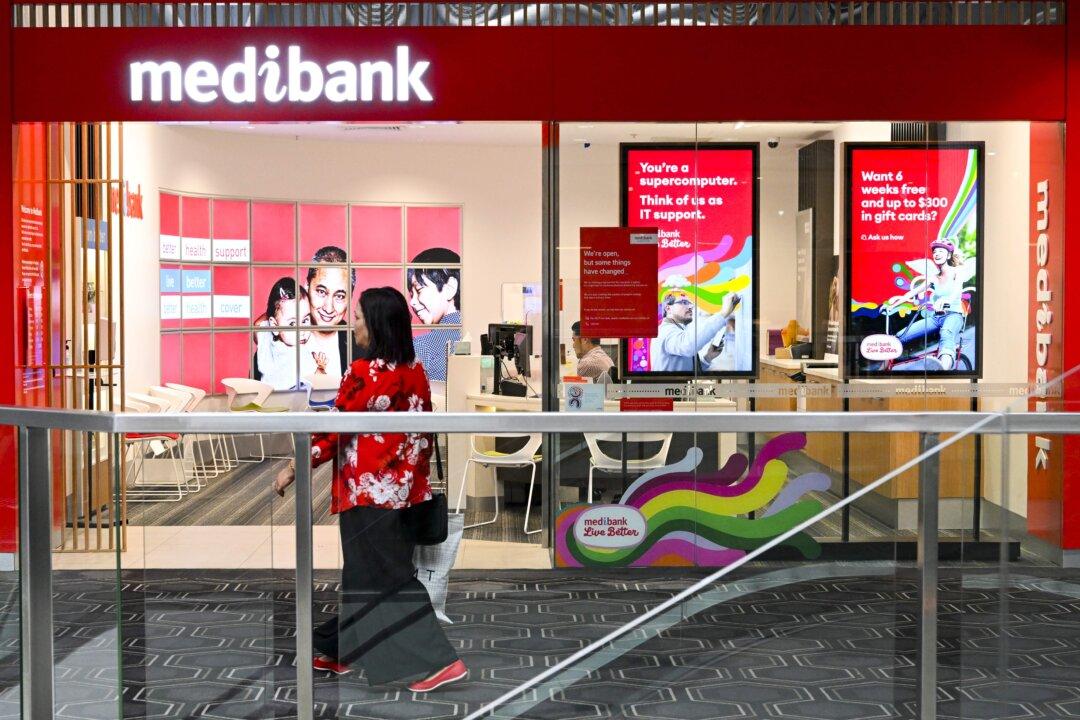Australia’s largest health insurer Medibank has announced it will not give in to a cyber hackers ransom demands after at least 9.7 million of its customers had data, including full names, birth dates, phone numbers, medicare numbers, and addresses, accessed in a cyberattack in October.
“Based on the extensive advice we have received from cybercrime experts, we believe there is only a limited chance paying a ransom would ensure the return of our customers’ data and prevent it from being published," Medibank CEO David Koczkar told Medibank customers on Monday.




